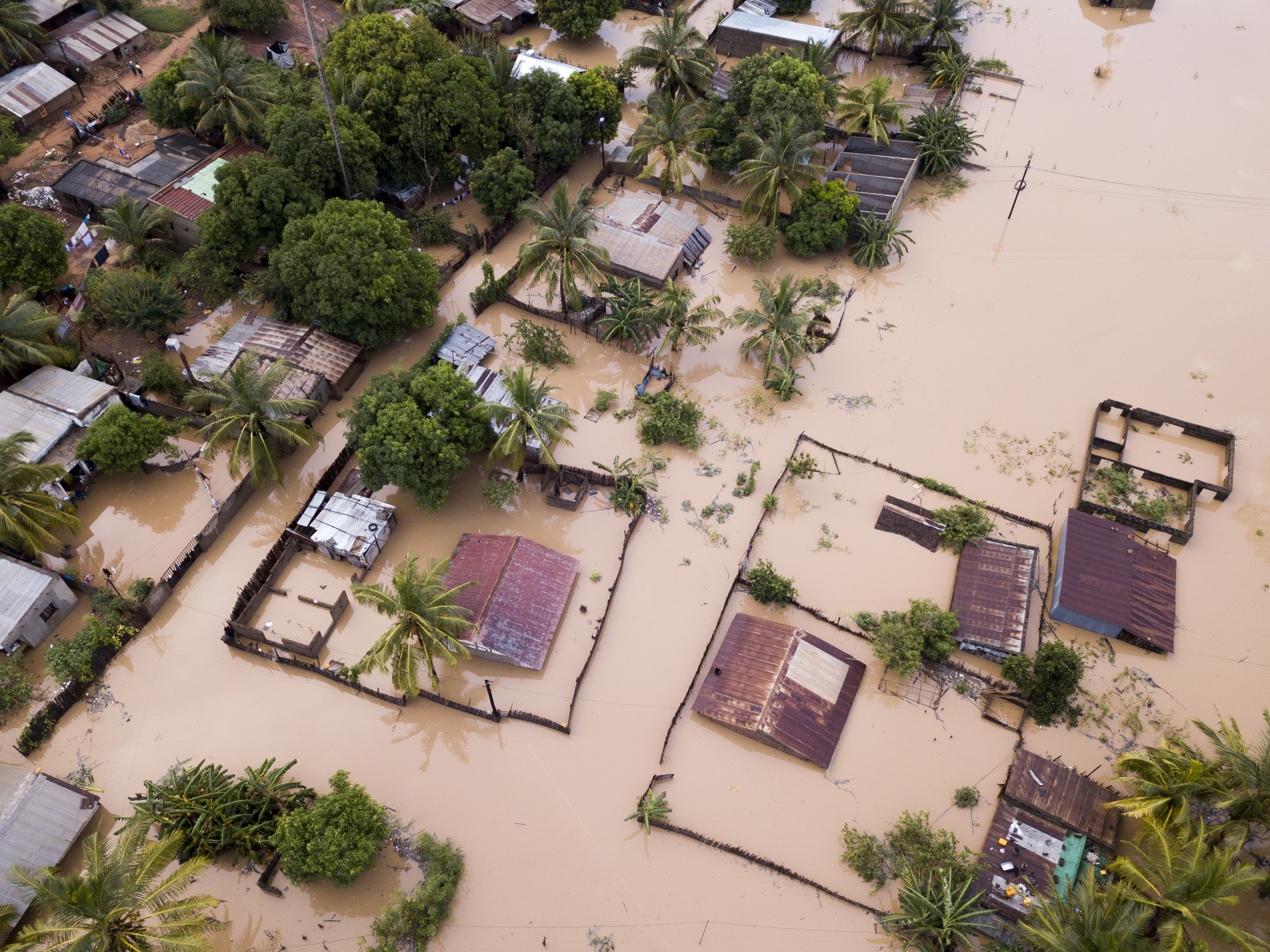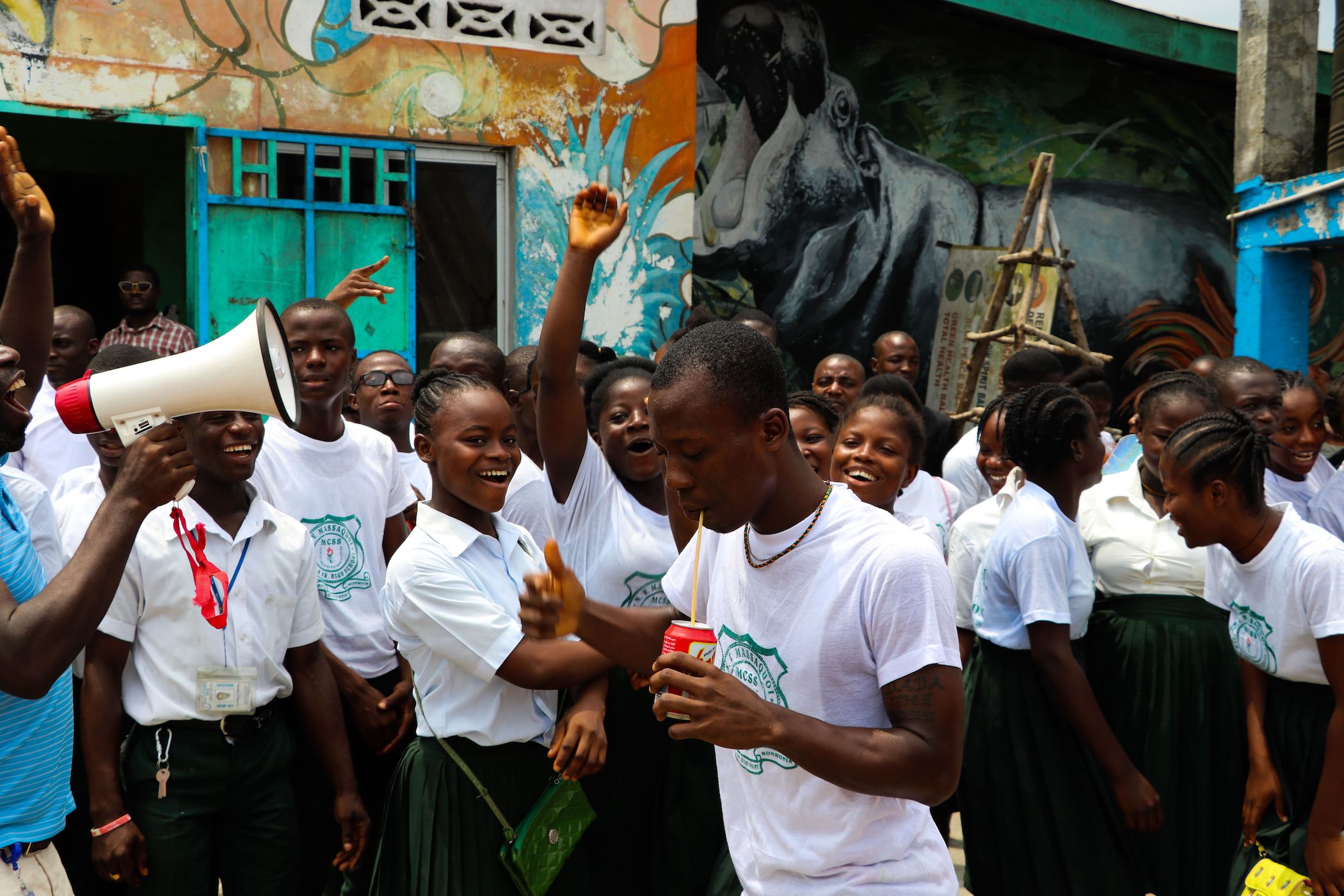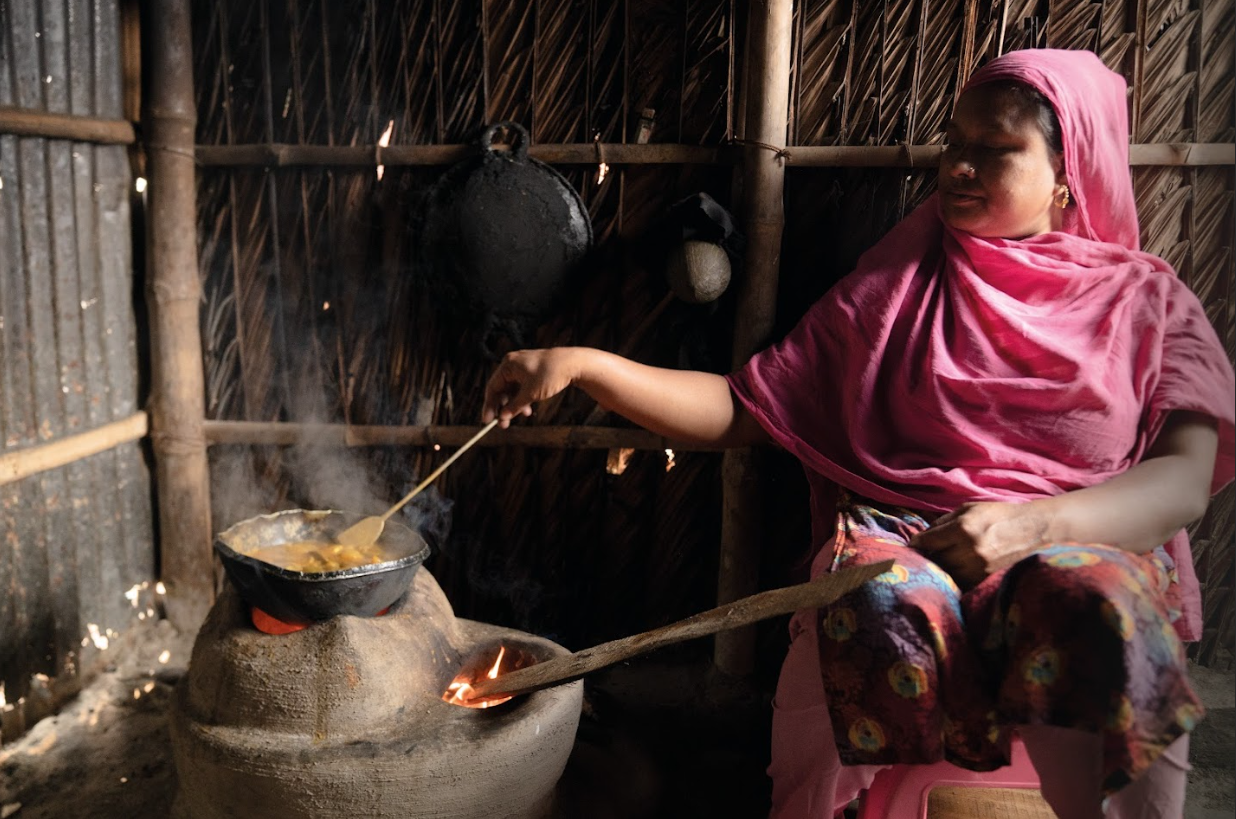Programme Overview
While cities should be centres of opportunity, innovation and economic growth, too often it is slum dwellers, informal traders, and residents of vulnerable settlements that bear the brunt of environmental, economic and political risks that impact cities, particularly in rapidly urbanising economies. With the increasingly evident impacts of a changing climate, these pressures and casualties will only increase in the future.
Cities need resilient environmental, social, and economic systems that can withstand these shocks and stresses, particularly when measured through the eyes of the urban poor. City-wide actions to adapt to and mitigate climate change can make a decisive contribution to national and subnational efforts aimed at fulfilling international commitments, such as the 2030 Agenda, the Paris Climate Agreement, the Sendai Framework, and the New Urban Agenda.
Over the last decades, the Cities Alliance has been working on climate change, resilience, and sustainable urban ecosystems that are at the heart of the recent urbanisation discussions, always with a special emphasis on communities in informal settings and equality for all.
Cities Alliance's global work is designed to advance new tools, practices and understanding of emerging urban issues and support joint advocacy with our members. With our Global Programme Climate Change, Resilience and Informality in Cities, we work towards the goal of supporting communities ‒ in partnership with local governments ‒ to build more resilient cities that reduce both risk and vulnerability by strengthening urban ecosystems, promoting investment in local resilience efforts, and advocating for people-centred resilience.
In an increasingly urban world, the major resilience challenges of this century – job creation, poverty reduction, climate change, environmental sustainability, community development and social inclusion – will be won or lost in cities.
Cities Alliance: JWP Resilient Cites






